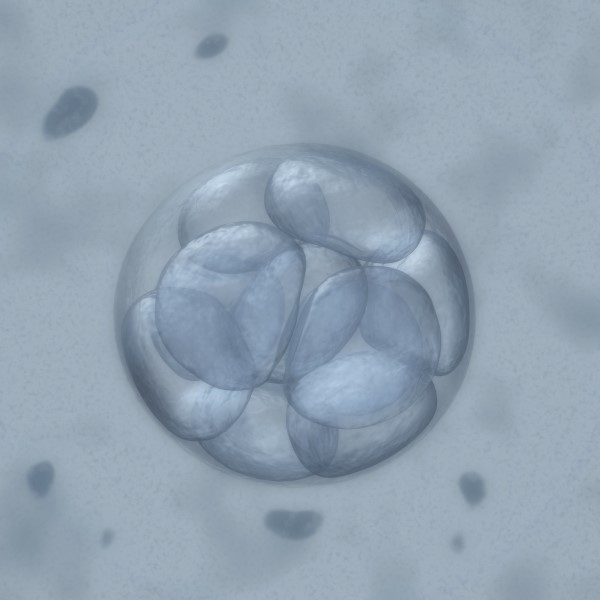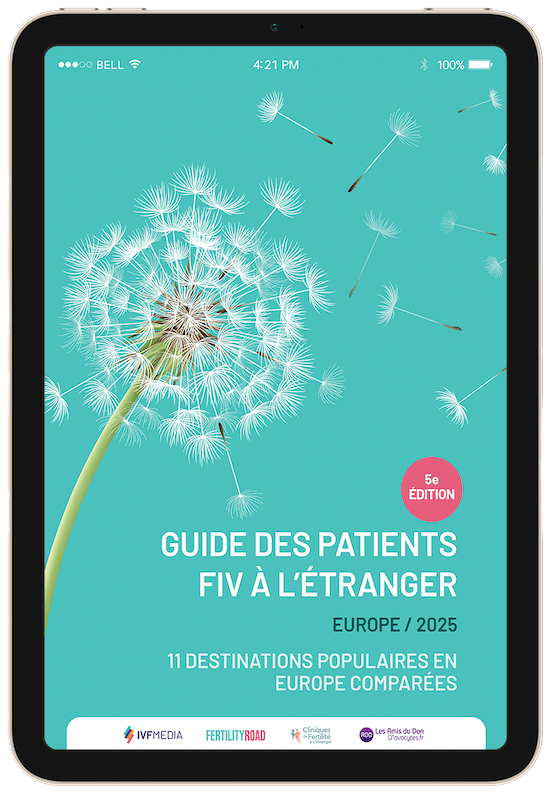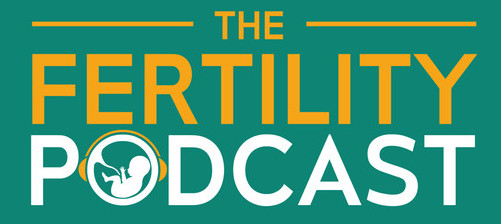Egg Donor Welfare in IVF Clinics Abroad
 The best practice guidelines on cross border assisted reproduction issued by ESHRE place significant emphasis on donor welfare. I asked IVF clinics abroad for details of how they adhere to this best practice; for example how do they monitor the number of times an egg donor donates and how do they ensure donors are well treated? In general the clinics were at pains to stress that they really do make an effort to look after their donors; for example, by carefully managing the number of times they allow them to donate.
The best practice guidelines on cross border assisted reproduction issued by ESHRE place significant emphasis on donor welfare. I asked IVF clinics abroad for details of how they adhere to this best practice; for example how do they monitor the number of times an egg donor donates and how do they ensure donors are well treated? In general the clinics were at pains to stress that they really do make an effort to look after their donors; for example, by carefully managing the number of times they allow them to donate.
The main issue that I see is that since there is no national register of donors it is difficult to stop donors moving from one clinic to the next, a potential problem that was readily admitted. However, this issue is partly mitigated by the fact that if a donor comes to a clinic armed with a set of test results then doctors know she must have donated elsewhere, and they can phone around other clinics to check. The blood tests, screening and genetic analysis of donors has to be undertaken at a clinic which is registered.
What Information Can I Obtain About Potential Egg Donors?
Donors will be matched to you and your partner’s physical appearance by the medical team. They will assess your characteristics and find a donor based on these criteria. Information about the donor you have been matched with may be available upon request. As donation in the Czech Republic and Spain is anonymous, the clinics told me that they are able only to give non-identifying information relating to the donor. The Czech Republic IVF clinics do give a little bit more information about the donor than Spanish clinics. So, for example, this might include information such as hair colour, eye colour, education, number of children, height, weight etc. It depends on the clinic regarding how much information is given to you.
In Spain, the clinics told me that the law is very strict about what information is given to recipients of egg donation. The law states that blood type and age is allowed to be given, but many clinics will give some basic other non-identifying information relating to the donor. So, for example, this might include information such as hair colour, eye colour, height, weight, but no socio-economic information i.e. marital status or occupation. The clinics will match a donor to you and your partner’s physical characteristics. The law stipulates ‘that in no case is it possible to select the donor personally on the request of the recipient’ (Law 14/2006 of 26th May, chapter 2, article 6.4). They may listen to your reasons for exclusion of some characteristics, but ultimately you do not get to choose the donor, the clinic does this. If matching on blood type is important then this needs to be requested.
Information about the donor is usually given to you after embryo transfer, if requested, and by the law in Spain it should only be revealed when there is a positive pregnancy test. However, some clinics appear to be more relaxed about this stipulation than others. I was told that the law in Spain is vague on this point but it is best to start with the belief that in general nothing will be revealed to you about the donor before embryo transfer.
The law in other countries varies. For more information see our features on IVF in Europe.



